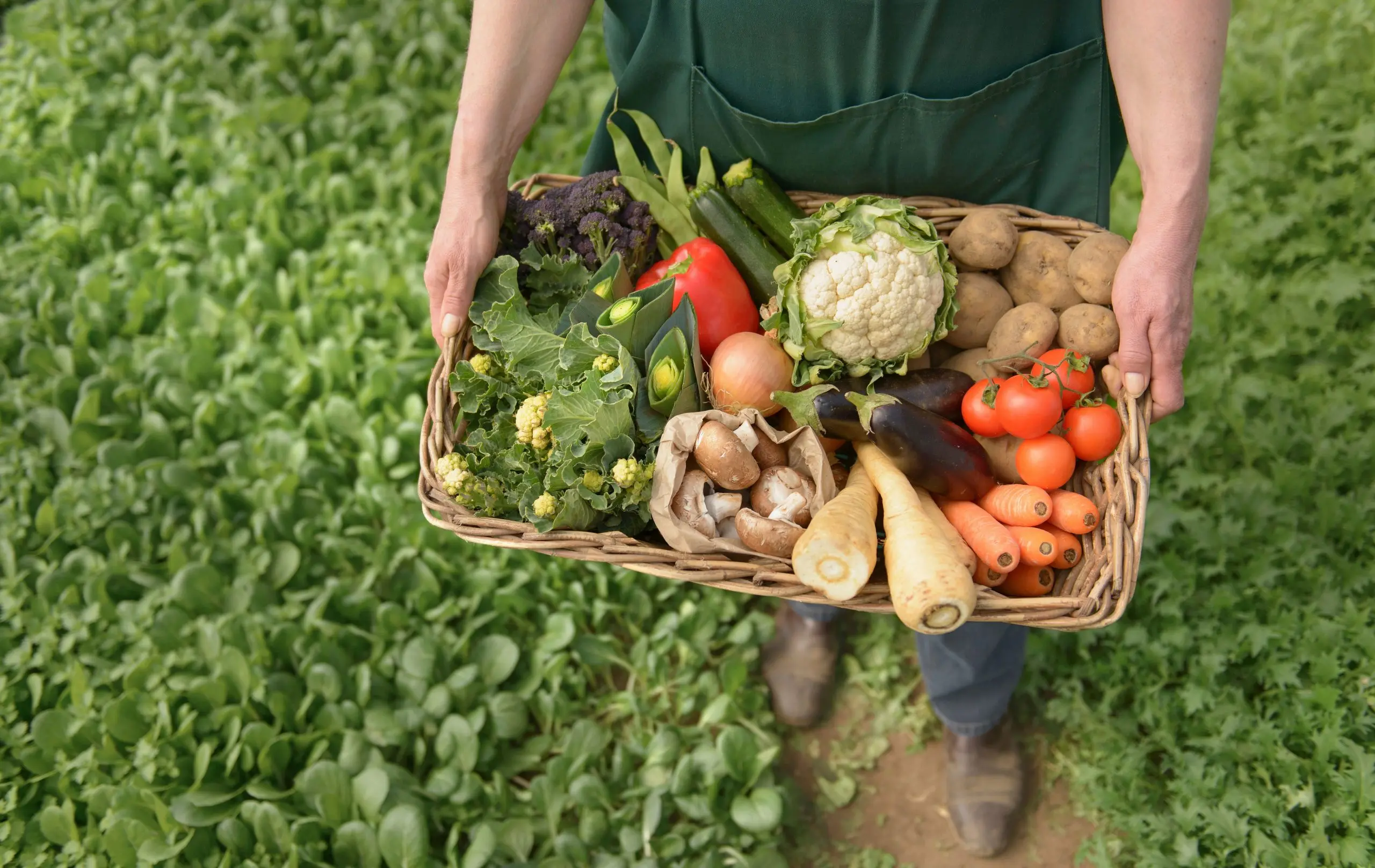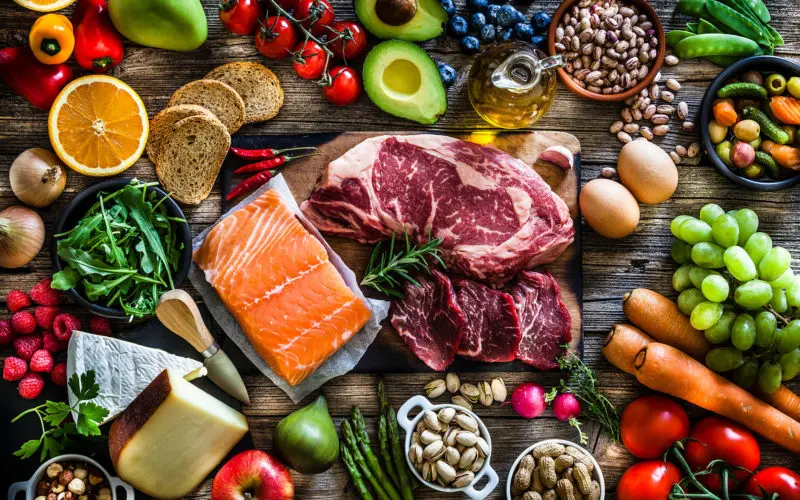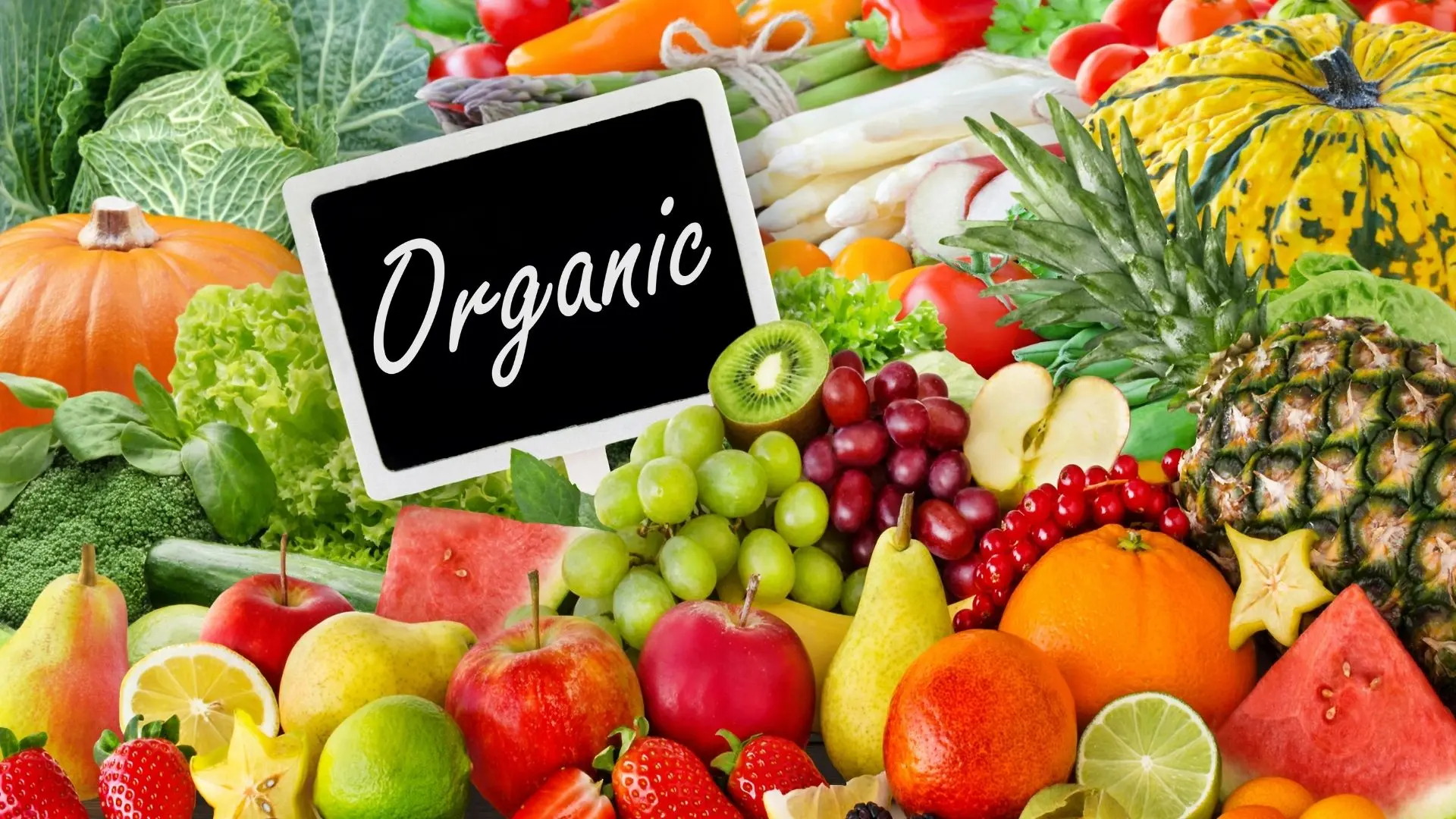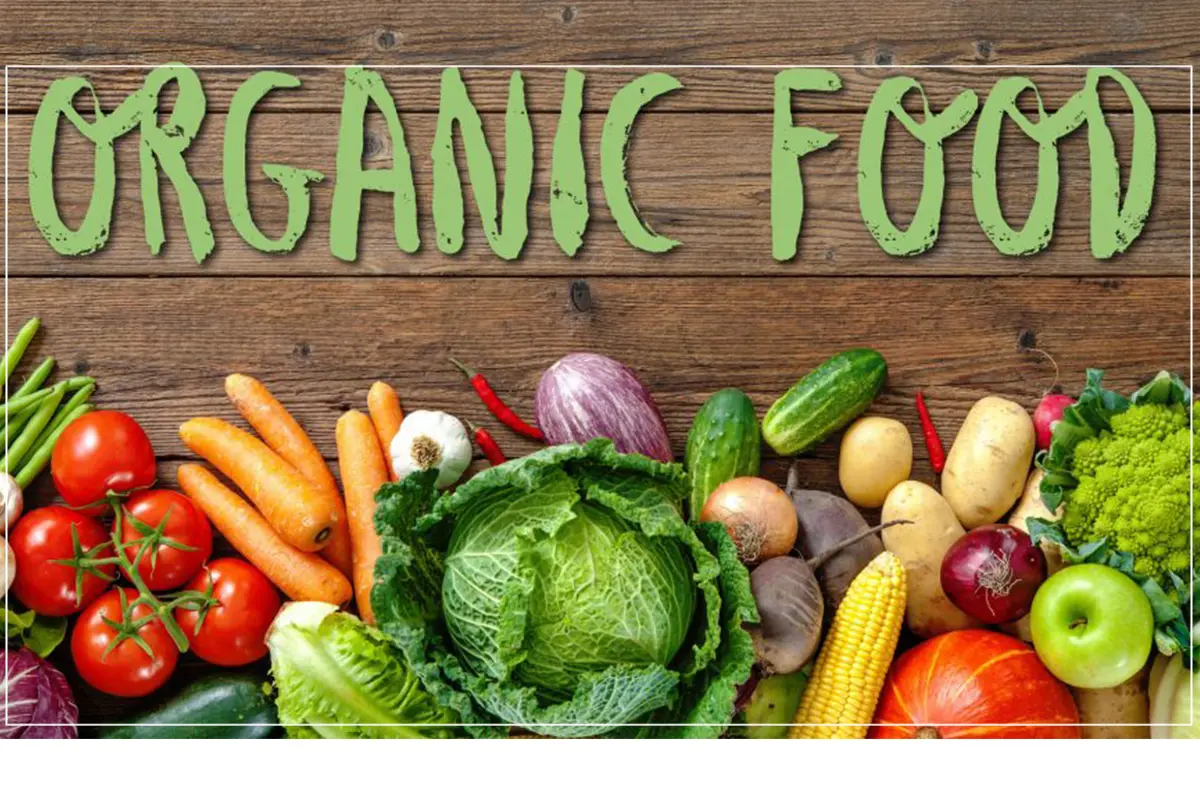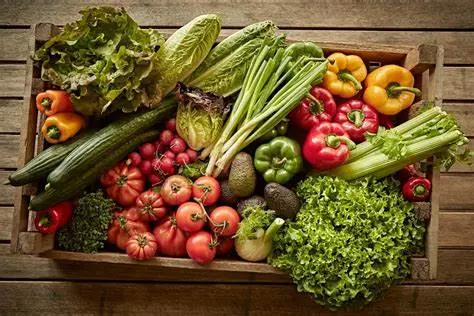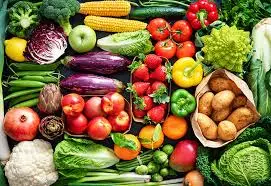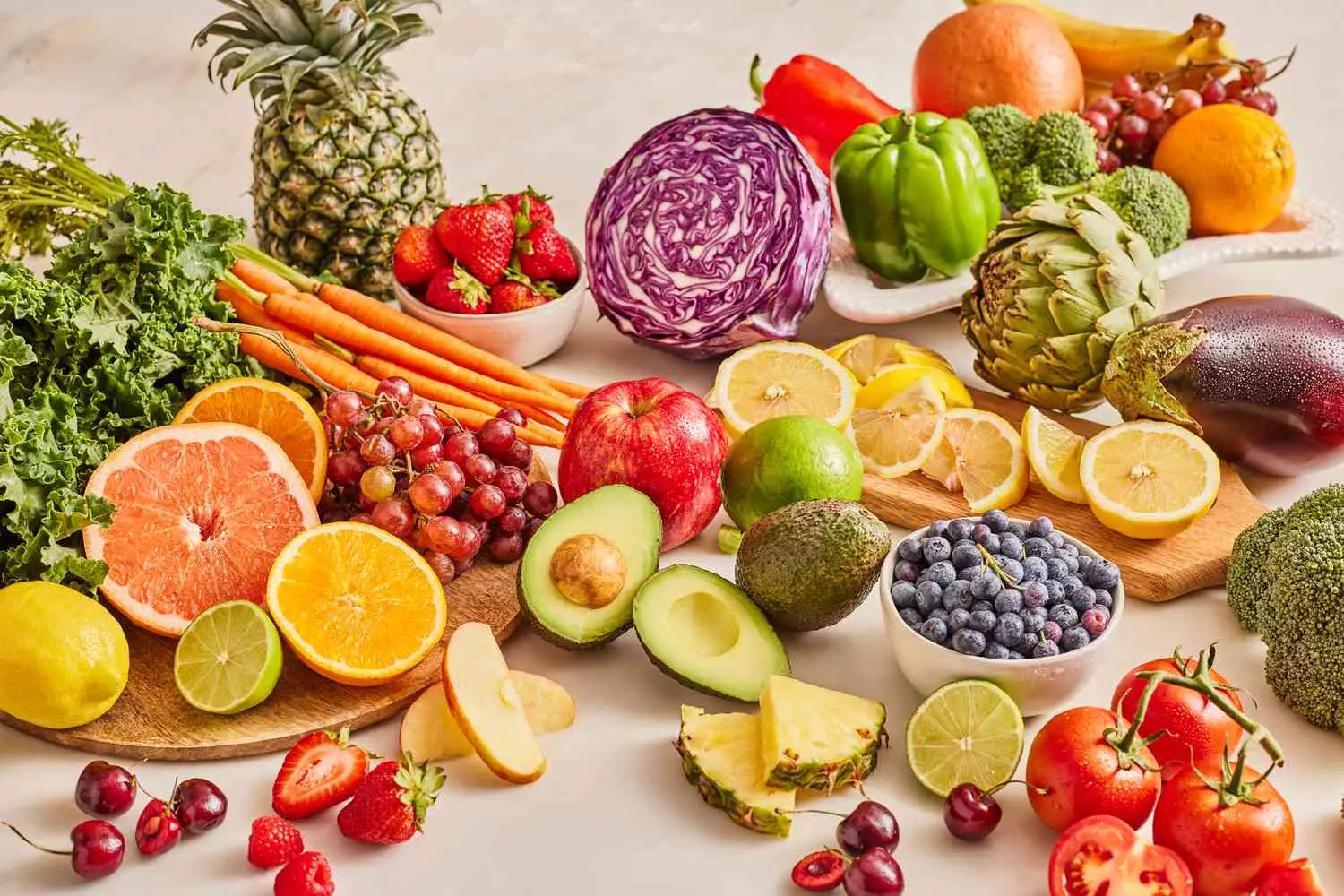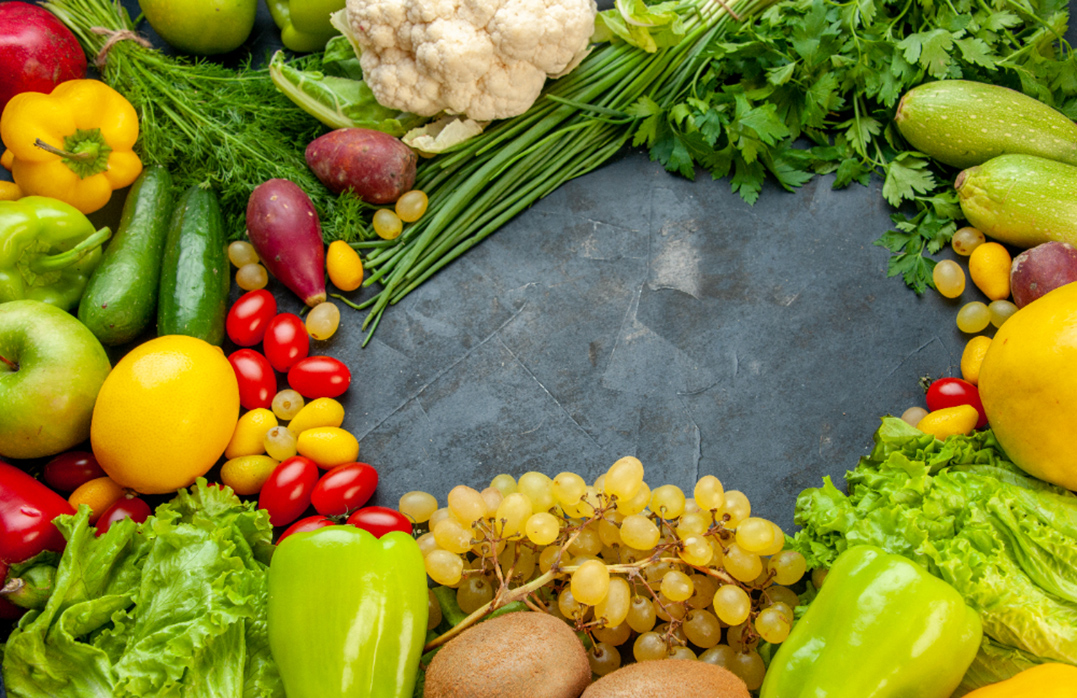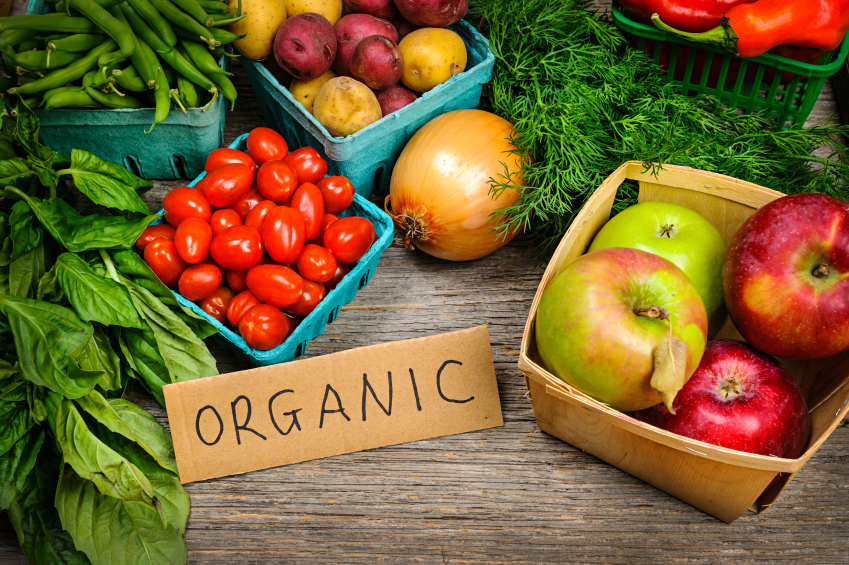
Understanding Organic Food
Organic food refers to produce and other ingredients that are grown without the use of synthetic pesticides, fertilizers, or genetically modified organisms (GMOs). This approach to farming emphasizes sustainability, biodiversity, and animal welfare. By choosing organic foods, families can enjoy a range of benefits that contribute to overall health and well-being.
Benefits of Organic Food for the Whole Family
Incorporating organic food into your family's diet can lead to numerous health advantages. Here are some key benefits:
- Reduced Chemical Exposure: Organic foods are grown without harmful chemicals, reducing the risk of pesticide residues in your family's meals.
- Higher Nutritional Value: Studies suggest that organic fruits and vegetables may have higher levels of certain nutrients and antioxidants, which are essential for maintaining good health.
- Better for the Environment: Organic farming practices promote soil health, reduce pollution, and conserve water, benefiting both the planet and your family's future.
- Support for Local Farmers: Buying organic often means supporting local farmers and communities, which can enhance your family’s connection to food sources.
Healthy Meals for the Family
Creating healthy meals for the entire family using organic ingredients can be both delicious and nutritious. Here are some meal ideas that incorporate organic foods:
| Meal | Ingredients | Preparation |
|---|---|---|
| Organic Quinoa Salad | Organic quinoa, cherry tomatoes, cucumber, bell peppers, feta cheese, olive oil, lemon juice | Cook quinoa, mix with chopped vegetables, drizzle with olive oil and lemon juice. |
| Organic Vegetable Stir-Fry | Organic broccoli, carrots, bell peppers, tofu, soy sauce, garlic | Sauté garlic, add vegetables and tofu, stir-fry with soy sauce until cooked. |
| Organic Chicken Tacos | Organic chicken breast, corn tortillas, avocado, salsa, lettuce | Grill chicken, assemble tacos with toppings, and serve. |
Organic Baby Food: A Healthy Start
When it comes to feeding infants, choosing organic baby food can be particularly important. Babies are more vulnerable to pollutants and toxins, making organic options a safer choice. Organic baby food is often made from high-quality ingredients without added sugars, preservatives, or artificial flavors. Here’s a look at some popular organic baby food options:
- Organic Pureed Fruits: Apples, pears, and bananas are excellent first foods packed with vitamins and minerals.
- Organic Vegetables: Sweet potatoes, peas, and carrots provide essential nutrients and are easily digestible.
- Organic Whole Grains: Options like oatmeal and brown rice cereal offer fiber and energy for growing babies.
Making the Switch to Organic
Transitioning your family to an organic diet can be a rewarding journey. Here are some tips to ease the process:
- Start Slow: Begin by replacing some conventional items with organic alternatives. Focus on the "Dirty Dozen," a list of fruits and vegetables that are typically high in pesticide residues.
- Read Labels: Look for certified organic labels to ensure that the products meet organic standards.
- Plan Meals: Planning meals around organic ingredients can help you save time and reduce food waste while ensuring that your family enjoys healthy options.
- Involve the Family: Get the whole family involved in meal planning and preparation to create a sense of excitement and ownership over healthy eating.
Conclusion
Organic food offers a wealth of benefits for families, from promoting better health to supporting sustainable farming practices. By incorporating organic ingredients into your meals and providing organic baby food, you can ensure that your family is nourished with the best possible foods. Embrace the journey towards a healthier lifestyle with organic food, and enjoy the numerous advantages it brings to your family's well-being.

